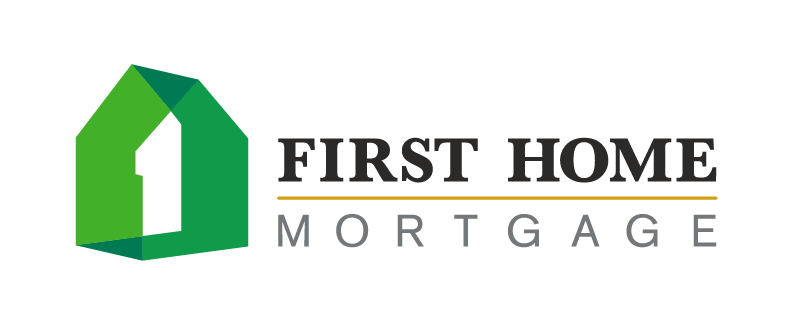Are you ready to buy a home for the first time? Before you enter the market and start searching, you need to know what to expect. Here is a closer look at what is involved in buying a home, so you can be prepared for what comes next.
Getting Started on Your Home Buying Journey
Before you begin, you need to do a little homework. Crunch the numbers to see how much you can afford to spend on your home. Determine where you want to live and what features you need in your home. Choose your real estate agent, and start looking at homes.
Get Mortgage Pre-Qualified
Once you are ready to start searching for a home in earnest, get pre-qualified for your mortgage. This will tell you exactly how much you can afford to spend on the house and what the terms of your mortgage are likely to be. Mortgage pre-qualification also provides greater bargaining power when you find a home you love.
Understand the Paperwork
Buying a home involves a lot of paperwork. Some of the paperwork to prepare for includes:
- Home purchase offer
- Sales contract
- Mortgage pre-qualification
- Title search
- Closing paperwork
Talk to your real estate agent about these different documents, and make sure you always understand what you are signing before you do so.
How Gift Money Works
Many first-time buyers will use gifts as part of the down payment on their homes. If you have gift money to use, make sure you understand how it works. Your mortgage provider needs to be told that the money came from a gift, not a loan, and this requires a gift letter from the giver. You are allowed to use gift funds to purchase a primary residence, but you must be honest with your lender about from where the money came.
Choose Homeowners Insurance
Before you can close your home purchase and mortgage, you will need to purchase homeowner’s insurance. This protects your home, and therefore your lender’s investment in your home if you have a disaster like a house fire or major theft. Shop carefully and ensure you’re getting good terms and a fair price.
Avoid Major Purchases Prior to Closing on Your Home
In the days leading up to your home closing, avoid making any major purchases that could impact your savings or credit score. For instance, this is not a good time to make a car purchase with a car loan because the loan directly affects your debt-to-income ratio and your credit rating. Postpone those big purchases until you close on the home, and you’ll avoid seeing interest rate increases or potential loan denial.
Choose Your Loan Officer
A loan officer is the person who will negotiate the terms of your mortgage. The officer may help you fill out the loan application and choose a mortgage. Choose one that is willing to work with you and your real estate agent to fit you to the right loan product. The more information the loan officer is willing to provide, the better fit they are for your needs.
Buying a home is an exciting time and knowing what to expect out of the process is helpful. Armed with this information, you are ready to jump in and start your search for the perfect home.
Drew Gilmartin is a local mortgage expert and can help you with the pre-qualification process.


